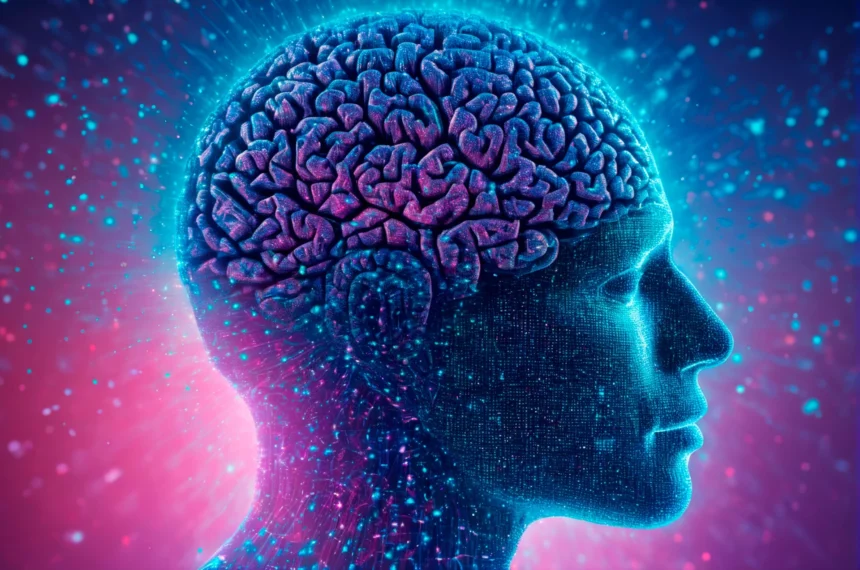Doctors from Duke University in the United States have uncovered a surprising communication link between the brain and gut. Their discovery points to a sensory system that responds to microbial signals in real time.
Dubbed the “neurobiotic sense,” this newly identified feedback loop could help explain shifts in appetite—and even hint at the roots of some illnesses. The findings have intrigued scientists worldwide.
Though it might sound like science fiction, the gut may be more than a digestive machine. It could be a co-pilot, subtly steering mood, hunger, and health through microscopic conversations.
The Gut Talks—And the Brain Listens
Researchers at Duke’s School of Medicine believe they’ve found something remarkable: tiny cells in the colon lining called neuropods. These cells act like sentinels—picking up signals from gut microbes and relaying them straight to the brain.
It all begins with proteins released by bacteria. One of the main suspects is flagellin, a protein that forms part of a bacterium’s tail-like flagella. As these bacteria swim around during digestion, they shed flagellin into the gut environment.
That’s where neuropods step in. Using a receptor known as TLR5, they detect the presence of flagellin. Within seconds, they shoot messages through the vagus nerve—a direct line to the brain—potentially altering appetite.
Hunger Signals or Microbial Manipulation?
The theory is bold: gut microbes may be able to influence human behavior directly. When researchers inserted flagellin into the colons of mice that had been fasting overnight, the mice suddenly ate less.
This did not happen with genetically modified mice that lacked the TLR5 receptor. No receptor, no message. These mice continued eating normally, even with flagellin introduced—suggesting a direct causal link between the receptor and appetite suppression.
What this implies is fascinating. Microbes might play a hand in regulating our food intake—not through vague feelings or hormones, but through targeted, nerve-driven commands to the brain.
A Sixth Sense in the Gut?
Scientists are calling this feedback loop a “neurobiotic sense”—a biological mechanism that enables the body to monitor microbial patterns and adjust behavior accordingly. It could offer insight into why some people feel full faster or crave certain foods.
Even more compelling: this system might act as a safeguard. By detecting certain bacteria, it may nudge us away from overeating and reduce the risk of obesity. The same pathways could also be involved in mental health conditions influenced by gut flora.
Researchers are now turning to new questions. How do different diets alter microbial patterns? Could certain foods “hack” this sensory system to help control weight or mood? The study opens the door for more personalized, gut-aware health strategies.







